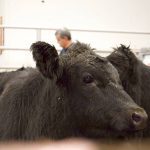
Tag Archives energy

Editorial: Black swan?
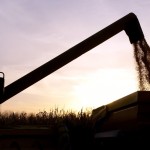
Unintended consequences of U.S. biofuel policy
Corn and soy for ethanol were grown on marginal land which could have emitted as much carbon dioxide as 34 coal-fired power plants
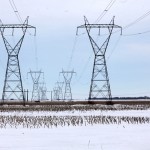
Landowners opposed to Manitoba Hydro Bipole III vulnerable to expropriation
Members of landowner committee say Manitoba Hydro is misleading the public

Wind turbines can be annoying — but not a health risk
A federal study found no evidence to support claims they are a hazard
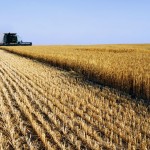
Editorial: The information age and agriculture’s footprint
University agronomist says estimates of how much food needed to feed world's population by 2050 are too low
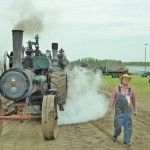
Threshermen remember farming during wartime
First World War and Second World War changed the way we farm
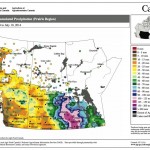
Slight chance of thundershowers
Issued: Monday, July 14, 2014 - Covering: July 16 – July 23, 2014

Recipe Swap: Raising the bar

How to kill your community
A marketing strategist warns local leaders of what comes from rejecting change and acting ‘dumb’ so less is expected of them
Revised, Dec. 13, 2013 — All small-town coffee shops should have a designated ‘be happy’ section, says Chris Fields. Coffee shop critics with all their “nattering and chittering” are part of what’s killing rural communities, says Fields, a senior marketing strategist with the Alberta-based Twist Marketing Firm. “Coffee shops are horrible places for that. They’re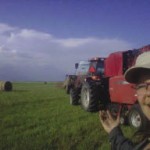
Common-sense strategies drive sustainable agriculture
A recent Iowa conference looked at the role women have in creating sustainable agricultural networks



